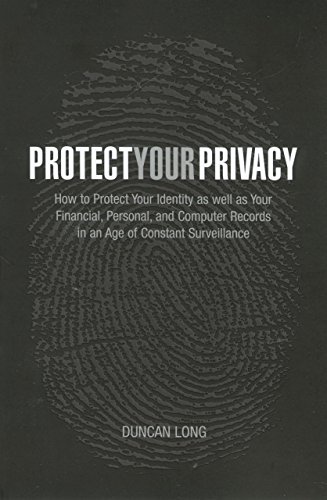The availability of new sets of data has changed the way we live our lives: here are 10 examples of data which have changed everything from how we assess wars to how companies deliver milk.
Shopping
Supermarkets have always kept track of how people shop, but in the last few years the extent to which retailers collect data has rocketed. Tesco owns a majority stake in Dunnhumby Ltd, which carries out data mining and analysis for large group of retailers including Coca-Cola, BT, Mars, Vodafone and other leading brands. Dunnhumby operates the Tesco Clubcard scheme: using data collected from the scheme, Tesco can predict when people will shop, how they’ll pay for their items and even how many calories they will consume. Dunnhumby recently reported a 32 per cent rise in operating profits to £53.4 million, and has grown from 300 employees at the start of 2007 to nearly 1,250 this year. The data collected by Dunnhumby has changed the way we shop.
Relationships
Dating site OkCupid.com runs a regular series of blog posts analysing data from the site’s 3.5 million active users. By collecting user profiles and site messages, it’s possible to calculate everything from the perfect profile picture (apparently, it’s the perfect profile picture is taken on a high end camera, in the mid afternoon, without a flash) to the right language to use when replying to messages ("your" beats "ur", and "hot" is a turn-off, whereas "fascinating" is a turn-on). The data has also shown that on average, users add two inches to their height, and over-report their salary by 20 per cent. The large datasets collected by dating sites have also attracted academics, so look out for more data-based date advice in the future.
 Protect Your Privacy: ...
Best Price: $2.00
Buy New $3.78
(as of 04:55 UTC - Details)
Protect Your Privacy: ...
Best Price: $2.00
Buy New $3.78
(as of 04:55 UTC - Details)
Business deliveries
In the last few years, advanced mapping tools have allowed businesses to use data to increase the efficiency of their deliveries. Where companies used to plan deliveries on paper and in small teams, they now use advanced mapping software, routing data and live traffic information. MapMechanics produces several of these tools, with its clients delivering everything from the Yellow Pages to milk. Those clients now do their deliveries using complex and live-updated views into data that used to be limited to the shift manager’s desk.
Maps
The way people find shops could also be about to change, thanks to a new view into an existing set of data. Since Google introduced Street View three years ago, rival services have since appeared from the likes of Microsoft and Mapquest. Microsoft’s Bing Streetside (their version of Street View) has been remixed by a group of researchers, turning it into Street Slide. Street Slide takes the data from Streetside and turns it into a strip of businesses with clickable logos and building numbers. It’s a different and intuitive view into the average shopping street, and could change window browsing forever.
Education
The LA Times has been running a story based on new data that has shaken up how schools are assessed in the city. Until now, parents have used overall school test results to assess the quality of teaching at local schools, which reflects the circumstances of the parents more than it does the quality of the teaching. The LA Times obtained data on test scores from 600,000 students between 2002 and 2009, allowing it to calculate "value added" scores, or a measure of the progress students have made between different stages of education. This analysis shows that some schools have improved the academic achievement of its students at a greater rate than other, more respected schools. Although there have been questions raised about the methodology behind the analysis, it’s still a great example of how new and previously unseen data can add a different perspective on a subject that affects everyone’s life.
September 4, 2010





